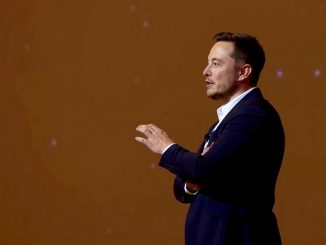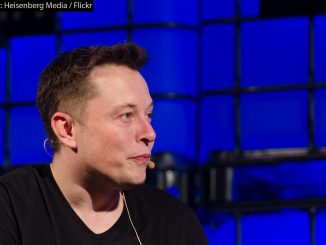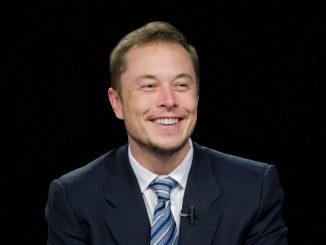In a fascinating intersection of modern entrepreneurial spirit and scientific exploration, Nobel laureate Samuel Chao Chung Ting recently recounted his encounter with Tesla (TSLA) and SpaceX CEO Elon Musk in Beijing.
Video source: @ajtourville
NEWS: In a recent interview in Beijing, Nobel laureate in Physics Samuel Chao Chung Ting recalled his memorable meeting with @Tesla CEO Elon Musk, praising the entrepreneur’s carefulness and his spirit of exploration for science and technology.
Samuel Ting is a world-renowned… pic.twitter.com/OcFFyVbI1h
— ALEX (@ajtourville) November 1, 2024
Ting, who was awarded the Nobel Prize in Physics in 1976 for discovering a new type of particle, the J/ψ particle — which provided substantial evidence for the existence of quarks, the fundamental constituents of protons and neutrons, thus advancing the theory of the strong interaction in particle physics — shared insights from their discussion, highlighting Musk’s inquisitive nature and his deep interest in the application of nuclear energy for space travel.
Elon Musk, known for his ventures pushing the boundaries of technology, engaged with Ting on how nuclear power could potentially facilitate missions to Mars—a question that underscores Musk’s broader vision for space exploration.
Ting described how he introduced Musk to his ongoing space-based experiments aimed at understanding cosmic phenomena, explaining the use of a large module fitted with 650 microprocessors to detect radiation and other cosmic elements. Musk’s attention to detail in understanding the protection of these microprocessors from space radiation showcased his meticulous approach to problem-solving.
Beyond science, Ting’s curiosity about Musk’s early entrepreneurial success led to an amusing exchange where Musk revealed he earned his “first bucket of gold” at the age of 11, illustrating his precocious talent for business. This interaction not only highlighted Musk’s exceptional abilities but also reflected on the universal theme of curiosity as a driving force for innovation.
Musk, reflecting on his conversation with Ting, emphasized his current stance on space travel technology. He noted on social media platform X that while chemical rockets are currently the most practical for Mars missions, there might be a future role for nuclear fission rockets in shuttling between orbits.
This blend of immediate practicality with an eye on future possibilities encapsulates Musk’s approach to both business and scientific exploration, showcasing a synergy between established scientific inquiry and groundbreaking entrepreneurial ventures.
- Bulenox: Get 45% to 91% OFF ... Use Discount Code: UNO
- Risk Our Money Not Yours | Get 50% to 90% OFF ... Use Discount Code: MMBVBKSM
Disclaimer: This page contains affiliate links. If you choose to make a purchase after clicking a link, we may receive a commission at no additional cost to you. Thank you for your support!





Leave a Reply